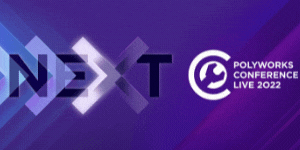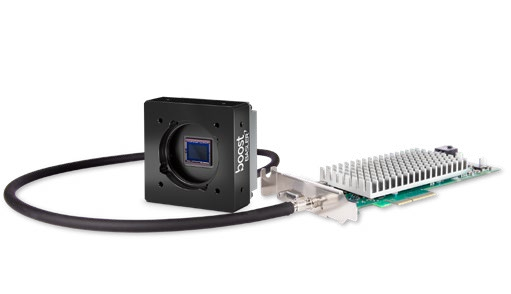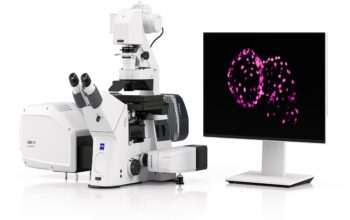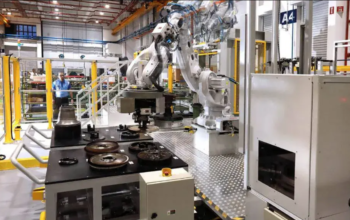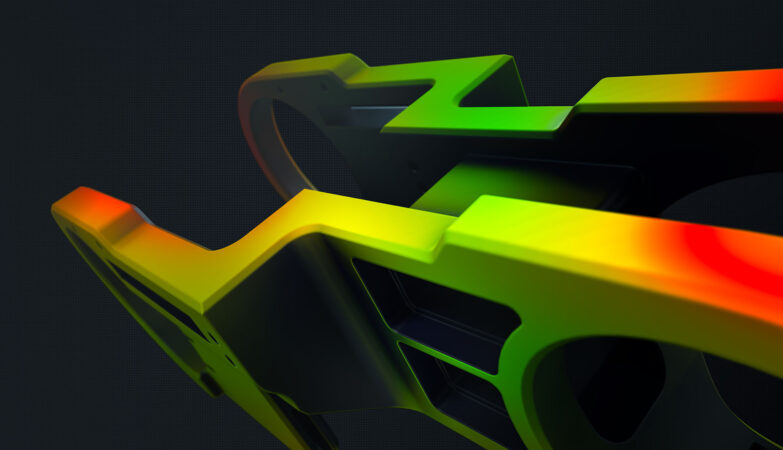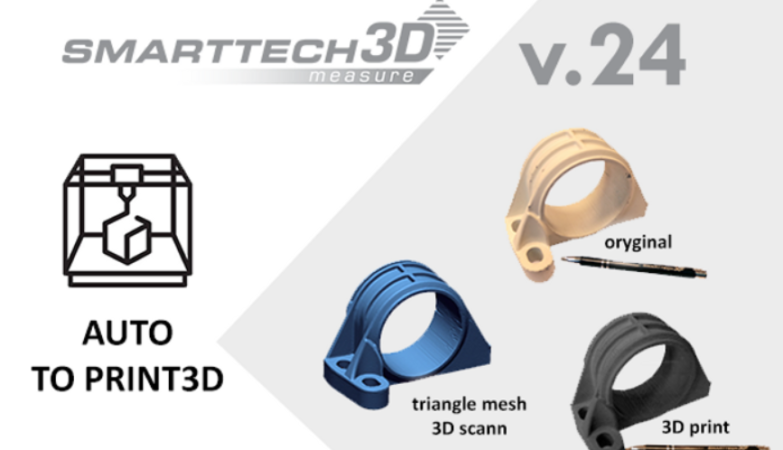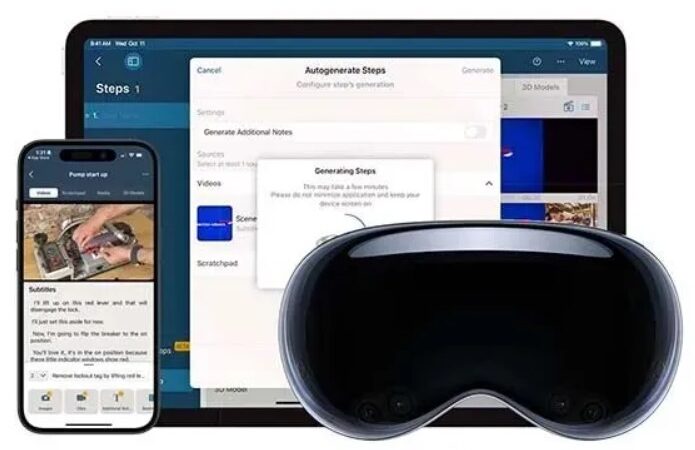Customers
- MJV-Sähkö Oy and Lateral Engine Oy
- Location: Lahti, Finland, and Espoo, Finland
- Industry: Factory Automation
- Implementation: 2019-2020
Application
MJV-Sähkö Oy delivers machine vision systems with parameterization capability for the sorting of plywood sheets for the plywood industry. In their automation projects such as veneer grading, it is important to work with efficient, up-to-date automation systems to achieve high productivity. The veneer grading process often uses line scan cameras that require a complex installation process. This is why MJV-Sähkö Oy was looking for a color area scan camera that not only fulfills the requirements for the inspection process of the veneer grading but can also be installed easily.

Fig 1: System setup for veneer grading
Solution and Benefits
In the veneer sheet grading application, the sheets (e.g. 1800 mm wide) are imaged on a conveyor using high- resolution line scan imaging. The software analyzes the sheets using modern deep-learning techniques and the results can be used by the manufacturing system for various purposes such as separating the sheets into different grades or splicing the material.
“There is nothing revolutionary in line scan applications but the novelty at the core of this Customer Story is how we communicated with Basler to implement a Basler area scan camera for the imaging”, states Jaakko Rantala from Lateral Engine Oy. The basic idea is to configure the camera and the interface card so that the camera uses an AOI of only a few lines at a very high frame rate (e.g. 4 lines @ 2000 Hz, triggered by an encoder interface). The chunks of grouped lines are then efficiently stitched together on the interface card side before transferring the complete frames to the host software.
This was made possible by following:
- High-resolution CMOS sensor of the Basler boost camera
- High bandwidth achieved by the CoaXPress 2.0 interface (Basler boost camera + Basler CXP-12 interface card)
- Most importantly: the excellent collaboration with Basler in which the interface card was upgraded to support new features. The features consist of the line stitching and an encoder interface for camera triggering.

Fig2: Software screenshot showing an example of detecting and classifying occurrences in the material

Fig 3: The acquired image of veneer
Benefits of Basler boost camera in this application:
- Excellent price of the Basler boost Bundle: Basler
boost camera with CoaXPress 2.0 interface and
matching Basler CXP-12 interface card - Long cable length with up to 40 m at a maximum
the bandwidth of 12.5 Gbps - Option to use lower-cost C-mount lenses
- Easy integration: major advantages in the imaging
setup and installation include easy adjustment and
calibration due to the capability of displaying the
full area scan camera image and selecting the AOI.
Ordinary line scan cameras are often cumbersome
to install.
To know more, please check Basler.

